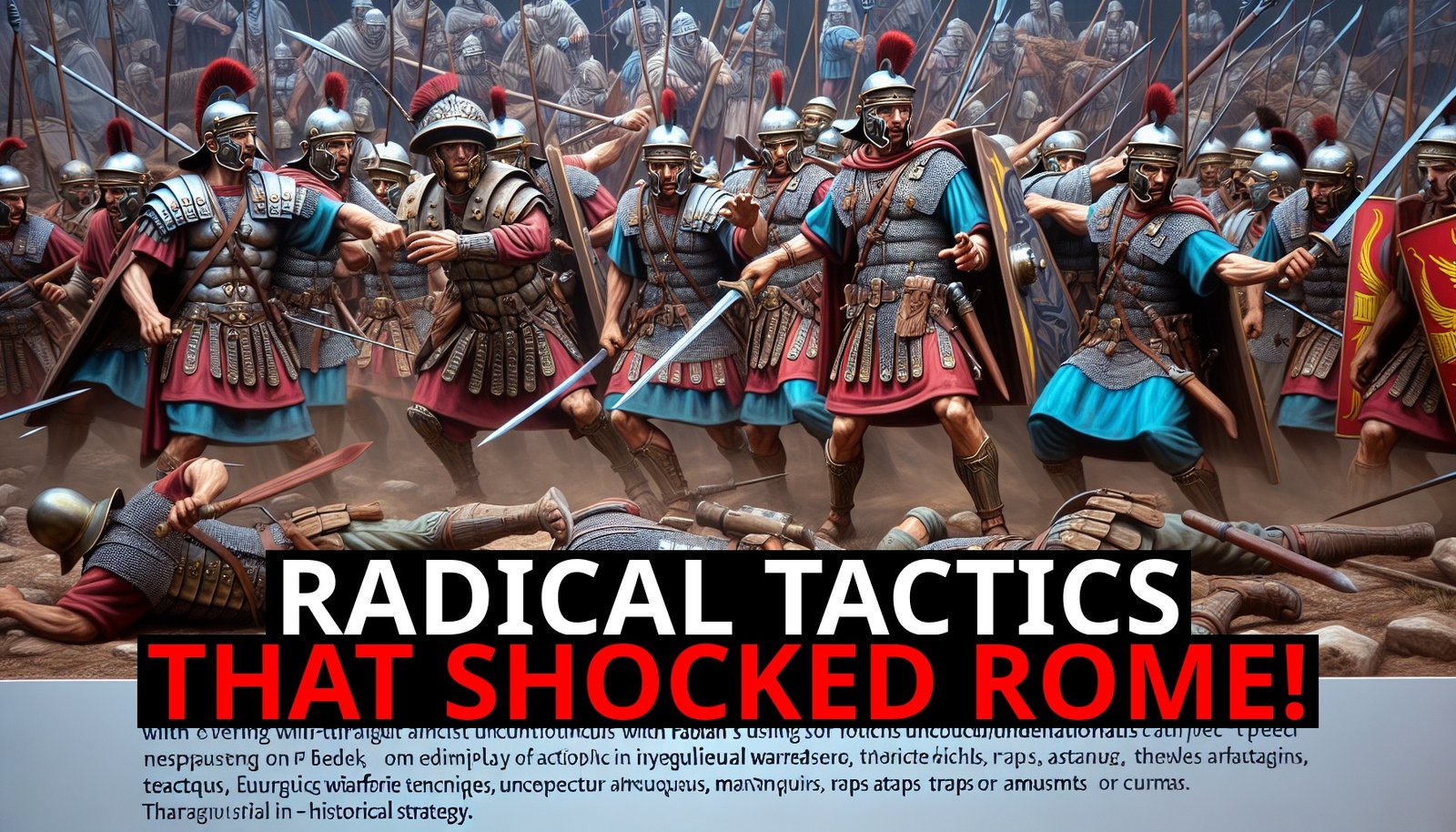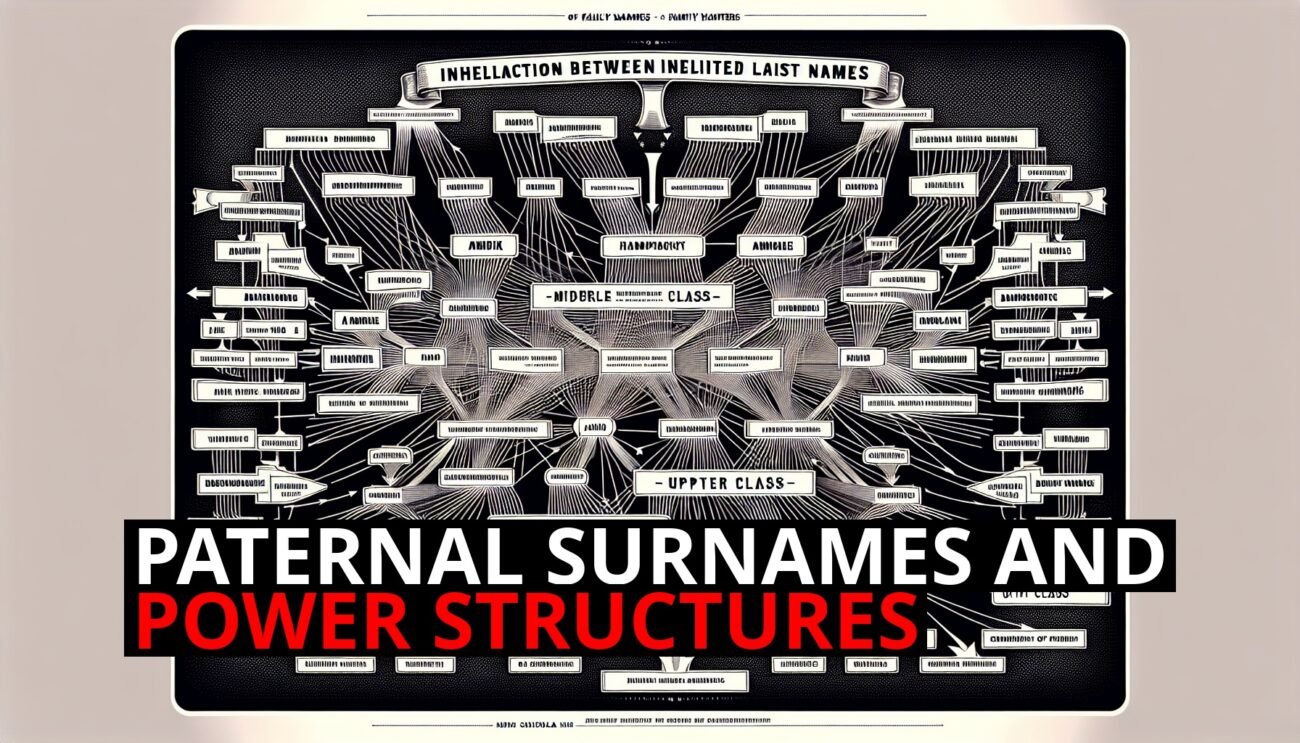The Roman Empire, famous for its mighty legions and epic battles, valued one thing above all else in warfare: glory through direct combat. The Roman military culture, rooted in the ideals of valor, honor, and bravery, placed enormous importance on the idea of a decisive victory earned through face-to-face confrontation. However, during one of the most perilous moments in Roman history—the Second Punic War—a general named Quintus Fabius Maximus proposed a radical strategy that defied these conventions. Known as the Fabian Strategy, his indirect approach sought to wear down Rome’s greatest enemy, Hannibal, through harassment and attrition rather than a grand, glorious battle.
But why, despite its effectiveness, was Fabian’s strategy met with such disdain by the Roman public and military elites? In this article, we’ll explore why Fabian’s indirect tactics clashed with the deeply ingrained values of Roman society and how, in contrast, Sun Tzu’s principles of indirect warfare were embraced in Chinese warfare.
The Roman Way Of War: Valor Through Direct Combat
For the Romans, war was more than just a means to an end—it was a stage on which soldiers could prove their courage and strength. The Roman military system was built around the concept of pitched battles, where soldiers would face their enemies in large, organized formations, often engaging in bloody hand-to-hand combat. Victory was not just a matter of defeating the enemy but of demonstrating the superiority of the Roman legion through direct confrontation.
- Glory in the Face of the Enemy
Roman culture celebrated the heroism of battle. Soldiers were expected to stand firm in the face of danger, never backing down from a fight. Victories were celebrated not just for their strategic value but for the valor and bravery displayed on the battlefield.
Roman generals who won decisive battles were hailed as heroes, their triumphs immortalized in monuments and literature. These victories often led to parades through the streets of Rome, where the general and his soldiers would bask in the adoration of the public.
The idea of avoiding battle, or not giving the enemy a chance to fight, was seen as dishonorable. A Roman soldier’s honor was tied to his ability to fight and win in direct combat, making Fabian’s strategy difficult for the public to accept.
- The Roman Military System
The Roman military was designed for large-scale pitched battles. The legionary system, with its highly disciplined and well-trained infantry, was tailored for direct engagement. The Romans prided themselves on their ability to maintain tight formations, such as the testudo (tortoise formation), in the heat of battle.
Roman tactics emphasized the use of heavy infantry, with soldiers carrying large shields, swords, and spears. These formations were highly effective in set-piece battles, where discipline and teamwork could overwhelm less organized foes.
As a result, Roman military doctrine was deeply invested in the idea of engaging the enemy head-on. The concept of avoiding direct combat and using indirect tactics—such as harassing the enemy’s supply lines or avoiding large-scale engagements—was seen as un-Roman.
Fabian’S Indirect Warfare: Patience Over Glory
When Quintus Fabius Maximus took command of Roman forces during the Second Punic War, Rome was reeling from catastrophic defeats at the hands of Hannibal, most notably at the Battle of Cannae. Realizing that the Roman legions could not match Hannibal’s brilliance in direct combat, Fabian adopted a radically different approach.
- Delaying the Enemy
Rather than confronting Hannibal in open battle, Fabian focused on delaying tactics. He avoided major engagements, instead opting to follow Hannibal’s army at a distance, harassing his foraging parties and cutting off his supply lines. His goal was to wear down Hannibal’s forces over time, allowing Rome to recover and regroup.
This approach, known as the Fabian Strategy, was rooted in the belief that time was Rome’s greatest ally. By denying Hannibal the chance to engage in a decisive battle, Fabian hoped to gradually erode the Carthaginian army’s strength.
- Public and Military Backlash
Fabian’s tactics were wildly unpopular in Rome. Many Romans, including some of his own officers, saw his strategy as cowardly. They believed that true victory could only be achieved through direct combat, where the honor of Rome could be defended on the battlefield.
Fabian earned the nickname “Cunctator”, meaning “The Delayer,” a title that was initially meant as an insult. Many in Rome viewed his refusal to engage Hannibal head-on as a sign of weakness and a betrayal of Roman values.
Despite the success of Fabian’s strategy in stalling Hannibal’s advance, his approach was so at odds with Roman culture that he was eventually replaced by more aggressive generals who were eager to confront Hannibal in battle—often to disastrous results.
Sun Tzu And The Embrace Of Indirect Warfare In China
While Fabian’s indirect warfare was seen as un-Roman, the ideas behind his strategy would have been highly regarded in ancient Chinese military philosophy. The teachings of Sun Tzu, particularly those found in The Art of War, emphasized the importance of patience, deception, and winning without fighting. These principles were not only accepted but institutionalized in Chinese warfare.
- The Art of War: Victory Without Fighting
Sun Tzu’s most famous lesson is that “the supreme art of war is to subdue the enemy without fighting.” For Sun Tzu, the goal of warfare was not to engage in glorious battles, but to achieve victory through strategic superiority. This included deception, indirect tactics, and attacking the enemy’s weaknesses.
Unlike the Romans, who valued face-to-face combat, the Chinese military tradition placed a higher value on strategic thinking and adaptability. Generals who won battles through clever maneuvers or by exploiting the terrain were often more respected than those who achieved victory through brute force alone.
Sun Tzu’s teachings were particularly relevant in the context of ancient Chinese warfare, where vast, diverse landscapes often made direct confrontations difficult. Armies that could adapt to changing circumstances and outmaneuver their enemies were often the most successful.
- Cultural Acceptance of Indirect Warfare
In China, indirect warfare was seen as a sign of wisdom and superior strategy. The ability to defeat an enemy without risking one’s own army in battle was considered the height of military skill.
Sun Tzu’s philosophy was deeply ingrained in Chinese military thought, and his ideas influenced countless generations of generals and leaders. Unlike in Rome, where indirect warfare was met with skepticism, Chinese commanders were encouraged to think creatively and avoid unnecessary conflict.
Why Fabian’S Tactics Were Too Radical For Rome
The rejection of Fabian’s tactics highlights the deep cultural divide between Rome’s military tradition and the principles of indirect warfare embraced by other civilizations. While Fabian’s strategy was effective in stalling Hannibal’s advance, it was too radical for a society that viewed war as a stage for heroism and glory.
- A Clash of Values
The Roman rejection of Fabian’s indirect warfare was rooted in a fundamental clash of values. Roman culture prized the honor of combat, where soldiers could prove their courage and strength in a direct confrontation. Fabian’s tactics, which emphasized patience and avoidance, ran counter to these ideals.
In contrast, Chinese warfare, influenced by Sun Tzu, valued strategic cunning over direct confrontation. This cultural difference meant that while Fabian’s tactics were controversial in Rome, they would have been celebrated in China.
- The Need for Immediate Victory
Another reason for the rejection of Fabian’s strategy was Rome’s desire for immediate victory. Roman citizens and military leaders were accustomed to swift, decisive victories. Fabian’s approach, which required time and patience, was seen as too slow, especially in the face of a crisis like Hannibal’s invasion.
In contrast, Sun Tzu’s teachings emphasized the importance of waiting for the right moment to strike. The idea of delaying a battle until conditions were favorable was not only accepted but encouraged in Chinese military thought.
Conclusion: The Legacy Of Un-Roman Tactics
Though Quintus Fabius Maximus eventually succeeded in stalling Hannibal’s advance and laying the groundwork for Rome’s ultimate victory in the Second Punic War, his tactics were never fully embraced by Roman society. The Fabian Strategy, with its emphasis on indirect warfare, clashed with the Roman ideals of glory and honor in combat, making it too radical for its time.
In contrast, the principles of indirect warfare championed by Sun Tzu were fully integrated into Chinese military doctrine, highlighting the cultural differences between two of history’s greatest civilizations. While Rome continued to celebrate the valor of direct combat, China embraced the wisdom of patience and cunning, proving that the path to victory could take many forms.





